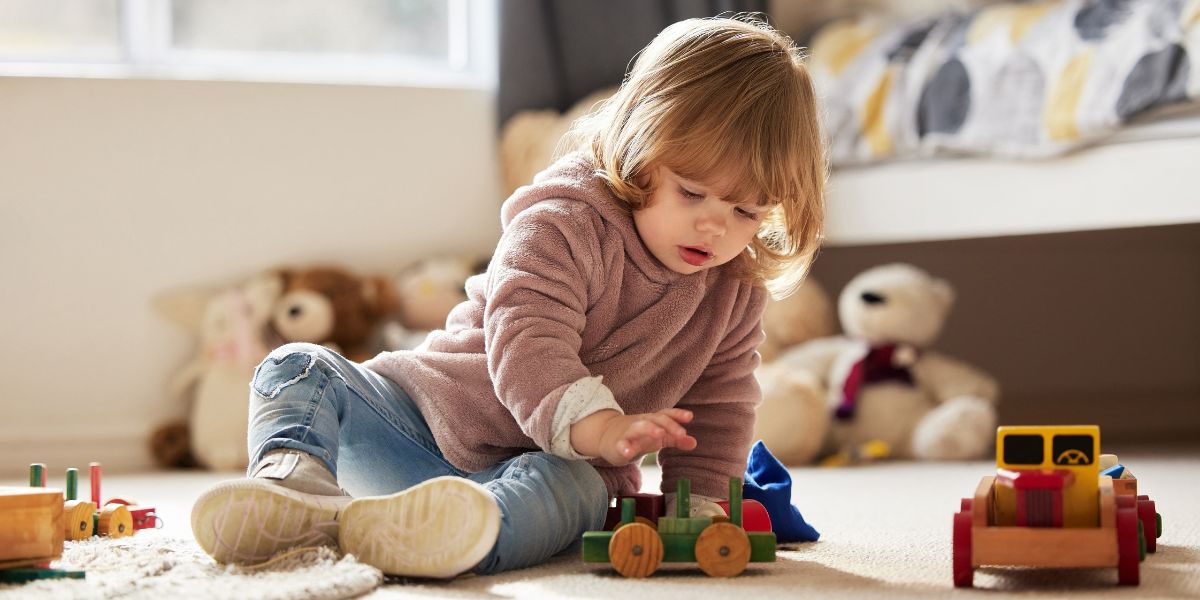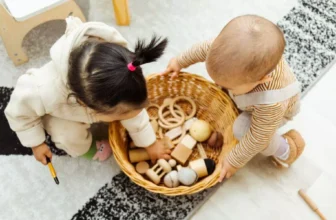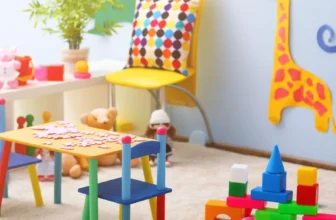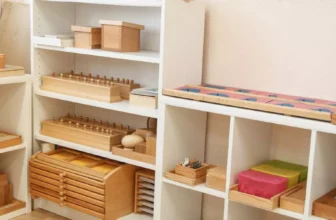
When it comes to understanding how Montessori toys support cognitive growth in babies, the impact goes beyond mere playtime. These thoughtfully designed toys serve as catalysts for your little one's development, fostering skills that extend far beyond the colorful shapes and textures they interact with. By offering a blend of sensory experiences and hands-on exploration, Montessori toys lay a foundation for cognitive growth in ways that might surprise you. The intricate dance between these toys and your baby's budding mind is a journey worth exploring further.
Benefits of Montessori Toys
When choosing Montessori toys for your baby, you can expect numerous benefits that promote cognitive growth and development. These toys are specifically designed to stimulate your baby's senses and encourage exploration. Montessori toys often incorporate different textures, colors, and shapes, providing sensory experiences that help develop your baby's cognitive abilities.
Additionally, Montessori toys promote independent play, allowing your baby to explore and learn at their own pace. This independence fosters decision-making skills and boosts confidence as your baby discovers how to interact with the toys in their unique way. By engaging with these toys, your baby learns problem-solving skills, enhances hand-eye coordination, and develops fine motor skills.
Furthermore, Montessori toys encourage creativity and imagination. They're open-ended, meaning there's no one correct way to play with them. This freedom to experiment and create fosters a sense of innovation and critical thinking in your baby's developing mind. In essence, Montessori toys not only entertain but also serve as valuable tools for cognitive growth and development in your baby.
Enhancing Problem-Solving Skills
To develop problem-solving skills in your baby through Montessori toys, encourage exploration and experimentation with varying challenges and solutions. Providing toys that require manipulation and offer different ways to solve problems can enhance your baby's cognitive abilities. For example, puzzles with varying levels of difficulty can help your baby learn how to analyze, strategize, and solve problems step by step.
Introducing Montessori toys that involve sorting shapes or objects can also aid in developing your baby's problem-solving skills. By figuring out which shapes fit where, your baby can learn to categorize and organize information effectively. Additionally, toys that involve cause and effect, such as stacking blocks that fall if not balanced correctly, can teach your baby about consequences and the importance of trial and error.
Promoting Independent Learning
Encouraging your baby to explore Montessori toys independently fosters a sense of curiosity and self-reliance. By providing your little one with toys that are specifically designed to be engaging and self-correcting, you're giving them the opportunity to learn through trial and error. When your baby plays with Montessori toys on their own, they're able to discover how things work and develop problem-solving skills. This independence allows them to explore at their own pace, building confidence in their abilities.
Independently engaging with Montessori toys also helps your baby develop focus and concentration. As they concentrate on manipulating the toys and figuring out the different challenges presented, they're honing their attention span and perseverance. This focus is essential for future learning tasks and academic success.
Moreover, by encouraging independent play with Montessori toys, you're fostering a love for learning and exploration in your baby from a young age.
Impact on Cognitive Development
Exploring Montessori toys independently can significantly enhance your baby's cognitive development. These toys are designed to stimulate various cognitive skills such as problem-solving, fine motor skills, and concentration. As your baby interacts with Montessori toys, they're encouraged to explore, manipulate, and learn through hands-on experiences.
Montessori toys often incorporate elements of sensory exploration, which can help your baby develop their sensory processing abilities. By engaging with toys that have different textures, shapes, and colors, your baby's brain is actively processing and making connections between different stimuli, fostering cognitive growth.
Furthermore, Montessori toys promote independent thinking and decision-making. When your baby plays with these toys, they're encouraged to experiment, make choices, and learn from the consequences of their actions. This process not only enhances cognitive development but also nurtures important skills like creativity and critical thinking.




